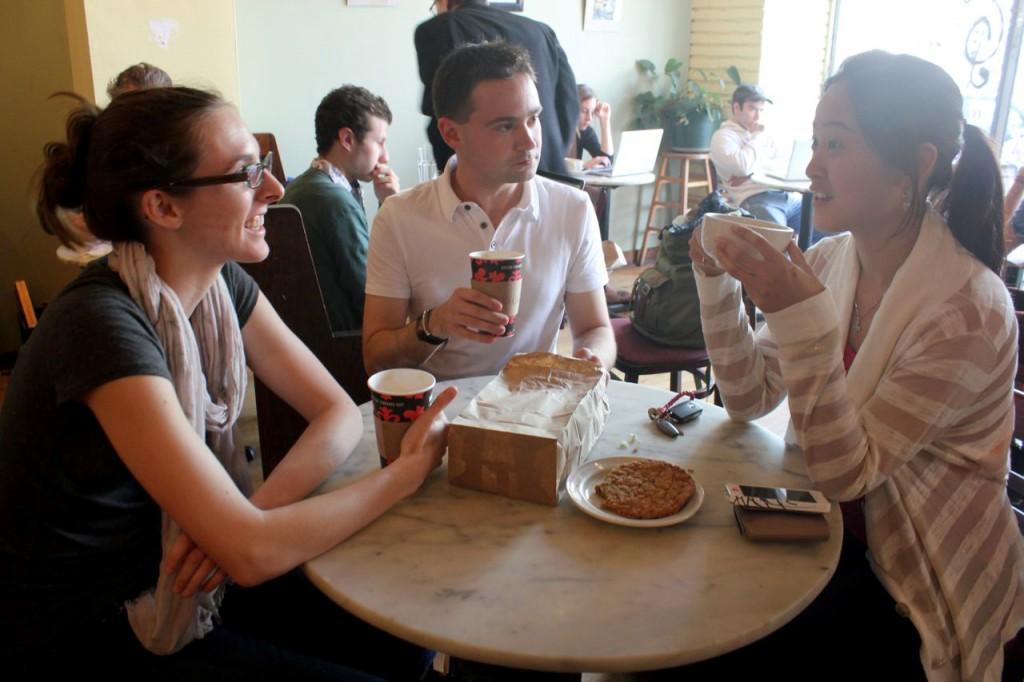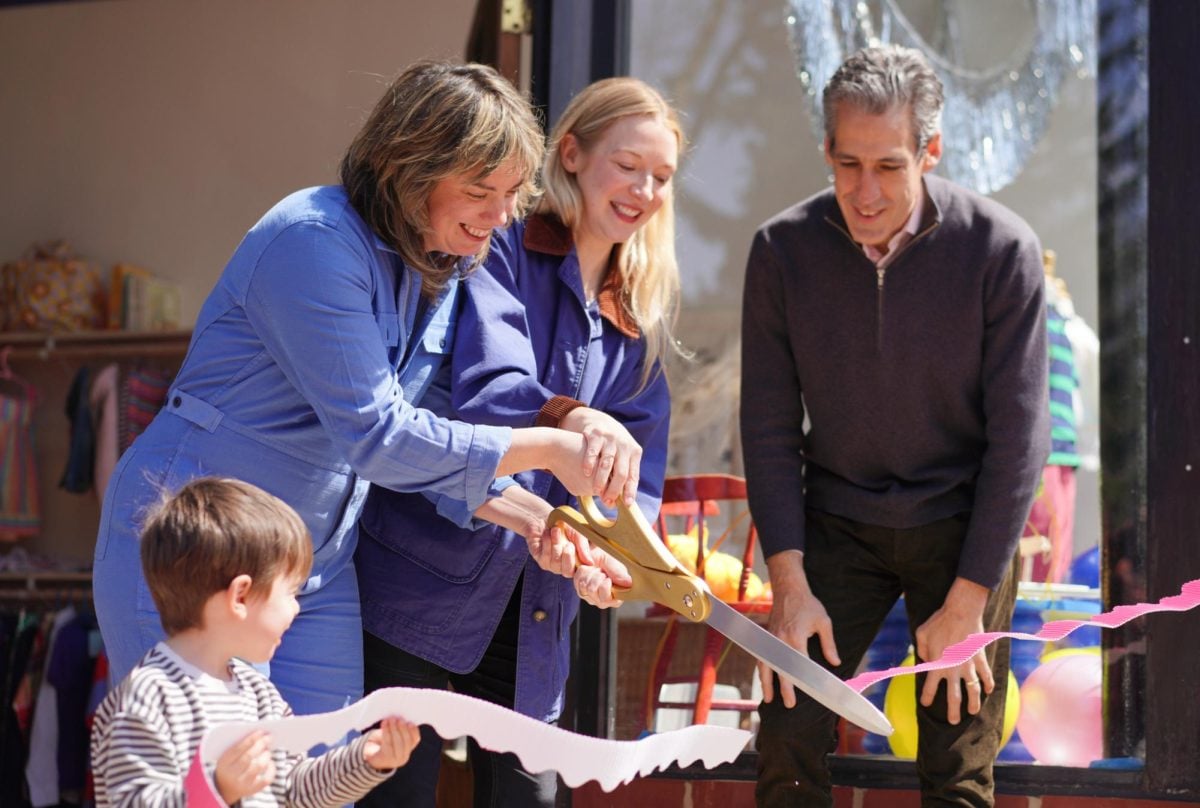Evanston has no shortage of cafes and coffee shops, yet new ones continue to pop up all over town, eager to vie for business with long-established venues. More business is always good for Evanston, city officials said, yet the playing field for cafes can be rough.
Cafes opened in the past two years include Coffee Lab, Koco Table and Prana Cafe, which hosted a ribbon-cutting ceremony last week.
Steve Griffin, community and economic development director, said the city is unable to specify the exact number of cafe and coffee shop openings because many of them are privately-owned, independent stores that do not have to be licensed by the city.
“Regardless of that fact, we have definitely noticed an increasing number of cafes,” Griffin said. “And they are probably contributing to the city’s increase in development and revenue.”
Yet individual cafe owners are finding it difficult to break even within the first few months or even years of their grand openings. In May, J. J. Java owner Chinelo Oparaeche told The Daily she was struggling to preserve her business.
J .J. Java employee Edmond Bochnia said many local cafes prioritize advertising to Northwestern and making their businesses college-friendly because students are responsible for a large portion of their revenue. He said J. J. Java, like many of the stores in Evanston, offers free WiFi, study areas and the WildCARD advantage that offers discounts for NU students.
The struggling economy doesn’t provide any help for cafes because a lot of people do not have the financial security they need to start their own business, Bochnia said.
“Cafes are having a hard time prospering, but I guess when you depend on a student population it’s different because they are more stable,” he said.
Many newer cafes are different from the typical corporate coffee shops, he added. Starbucks has a more fast-paced environment for people who pick up their coffee on the way to work. The Evanston cafes are more focused on creating a comfortable setting for students to spend longer periods of time in.
“They are more informal, more relaxed,” Bochnia said. “There’s a larger space. Students can just spend time together. Like right now we have a study group with engineers working together.”
Despite proximity to NU, some cafes have also found that students don’t always make the best customers. Open spaces with available WiFi sometimes attract students who study for hours yet don’t purchase anything, Oparaeche said. But regardless of some failings, the NU customer base is too significant to ignore, other cafe owners maintain.
Kafein barista Martin Zeff said despite the current recession, Evanston is a great place to start a cafe or coffee shop because of its closeness to NU.
“I’ve noticed more (cafes), but when you get a college town like this they’re bound to pop up everywhere,” he said.
Unicorn Cafe bartista Dean Beever said in order to make a profit and stay open, many local cafes are starting to collaborate more through city-wide business initiatives that attract college students, such as awarding 10 percent off to students wearing purple.
Beever added that even though there are many cafes in Evanston, especially in the downtown area, there is not much rivalry among them because of the differences that make each unique. Nevertheless, he said it is difficult to determine how long new cafes will last. Some Evanston cafes last for decades, but others close soon after they open.
“I guess it’s up to the customers to decide what lasts,” Beever said. “There’s a small amount of advertising, but it’s mostly what each cafe has to offer versus what other cafes have to offer and what the customers want.”
Ina Yang contributed reporting.














